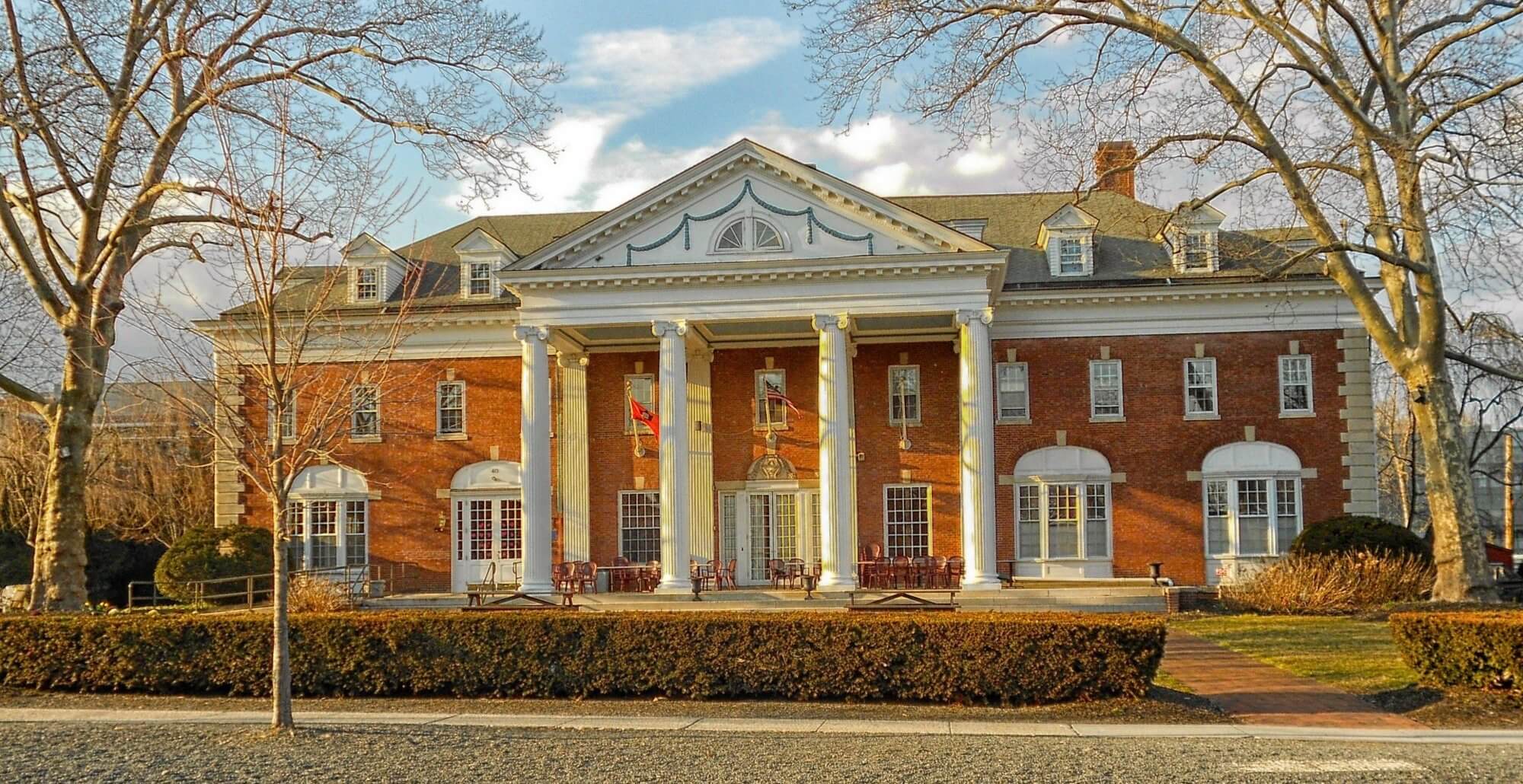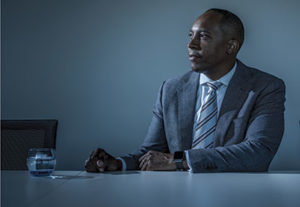
Independent consultant, University of Cambridge professor, and Princeton-educated economist Dr. Maurice Ewing continues sharing his experience as a Princeton admissions interviewer. Last week, Maurice told SocratesPost that having a Princeton degree allowed him to bypass the typical hurdles into a coveted career at large influential firms like Goldman Sachs and McKinsey.
We discussed his biggest takeaways from interviewing applicants to Princeton and what they’re missing.
This week, we talk about recommendation letters and Maurice’s thoughts on the secrets to getting in.

Credits: Peter Searle
Exclusive Insider Interview: Admissions Interviewer, Princeton University
SocratesPost: You have an interesting story about getting a negative recommendation letter from your high school math teacher. What would you tell our readers about recommendation letters?
If you get a bad recommendation from a teacher, admissions officers won’t look at the grade in the class. Ask your teacher if they’ll give you a good recommendation. If you’re willing to give me a good recommendation, that means you’ll trust me enough to show me the letter.
I would tell your recommender, “This is the application I’m putting together. Can I meet with you for 30 minutes to tell you what I do outside of school? This is how I connect to your class. It would be great if your letter can address those things.”
Just by saying those things and having the main outline written down, you’re going to psychologically anchor them to that vision of you. The other vision of you is one of you being a good student. Imagine there’ll be 50,000 other letters saying the same about other students. Orson Welles got a recommendation to Cornell or Harvard and his teacher said he’s a genius. John Nash’s teacher said he’s a genius.
I’m almost certain that I got into Princeton because I worked with a professor on an honors thesis and he told me he was going to give me a really good letter. I’m sure he didn’t betray my trust. That issue is very important because there are a lot of politics. If you’re like my situation, I went to high school without a lot of students aiming at top schools. Your cohort is about 1-3 people. If you go to a top school somewhere, your cohort is about 20 people. They have top scores and rankings. If the same teachers are writing letters and can say something unusual about you but not about your colleague. I’m very big on differentiation and personalization — having a personal relation with the teacher to the extent they know you as a person as opposed to student of this last name.
SocratesPost: How should teachers approach recommendation letters?
SocratesPost: Do you feel like there’s a secret to getting in?
SocratesPost: What advice do you have for Princeton hopefuls or applicants vying for a spot in a similarly selective college?
SocratesPost: Do you find any difference between admissions in “elite” or more selective schools versus less selective schools?
